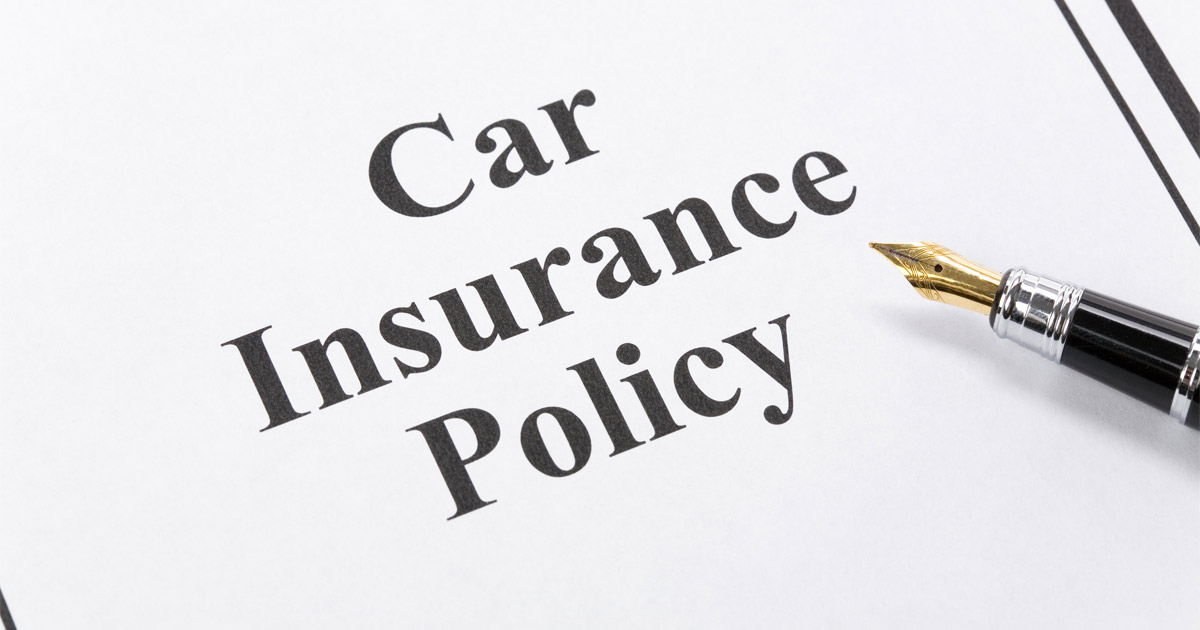Knowing the state laws is very important when you get into a car accident. Each state has a “no-fault” or an “at-fault” insurance law, which governs how those involved in a car accident can receive compensation for their property damages and medical costs.
In an at-fault state, the driver’s insurance company that caused the crash is liable to pay the costs of the accident; being sued is also possible. A no-fault state and personal injury protection (PIP) insurance allows drivers to seek compensation for an accident through their policy, regardless of who caused it. New Jersey is considered a no-fault insurance state.
New Jersey’s PIP insurance is mandatory for all drivers in the state. It covers the medical costs for the driver and their passengers in the vehicle upwards to the driver’s coverage limit. Other than medical costs, PIP can also cover accident-related damages, depending on the PIP coverage you select when deciding on an auto policy.
You can purchase two policies in New Jersey: a standard auto policy and a basic one. Both choices require PIP coverage.
A basic PIP policy does not offer uninsured/underinsured insurance; not all insurance carriers have optional comprehensive or collision coverage.
What Are the Advantages of No-Fault PIP Insurance?
There are some advantages of no-fault insurance:
- You can receive compensation for accident-related injuries even if you caused the accident.
- You can receive payment much quicker than if you sue the other driver or wait for another insurance carrier’s approval.
- Auto insurance will cover vehicle and personal property damage. In contrast, the PIP portion will cover people and their medical expenses, including emergency room visits, surgeries, diagnostic testing, rehabilitation, treatment plans, and more.
- You can use your health insurance as the source of your PIP coverage if your policy allows coverage for vehicle injuries. Your auto insurance company may lower your rates if you choose to do this.
- PIP coverage applies to passengers in your vehicle, whether or not they have health insurance.
Other than medical expenses, PIP coverage may also allow compensation for lost income while recovering from a car accident injury. Compensation generally depends on what type of PIP policy you have purchased.
If your medical or income losses exceed your PIP coverage, you may be able to sue the other party if they caused the accident. However, this depends on which “right to sue” option you choose when deciding on a PIP policy: unlimited or limited.
If you decided on a limited right to sue policy, such as the one on the basic PIP policy, you could not sue the at-fault party for pain and suffering unless it caused a severe or permanent injury, such as disfigurement or scarring, amputation, or death. You can sue for economic damages like medical expenses through the limited option.
With an unlimited right to sue policy, you can sue the at-fault party for additional compensation, such as pain and suffering and loss of enjoyment of life.
Atlantic City Car Accident Lawyers at D’Amato Law Firm Advocate for Accident Victims Injured by Negligent Drivers
Even with a no-fault insurance policy, you may find yourself in a situation where you are seriously injured and need to file a lawsuit for additional compensation. Contact our Atlantic City car accident lawyers at D’Amato Law Firm to learn more. Call us at 609-926-3300 or fill out our online form for a free consultation. Located in Egg Harbor Township, New Jersey, we serve clients in South Jersey, including Atlantic City, Linwood, Galloway Township, Cape May, Vineland, Millville, Bridgeton, Ocean City, and Woodbury.
 Google Screened
Google Screened


